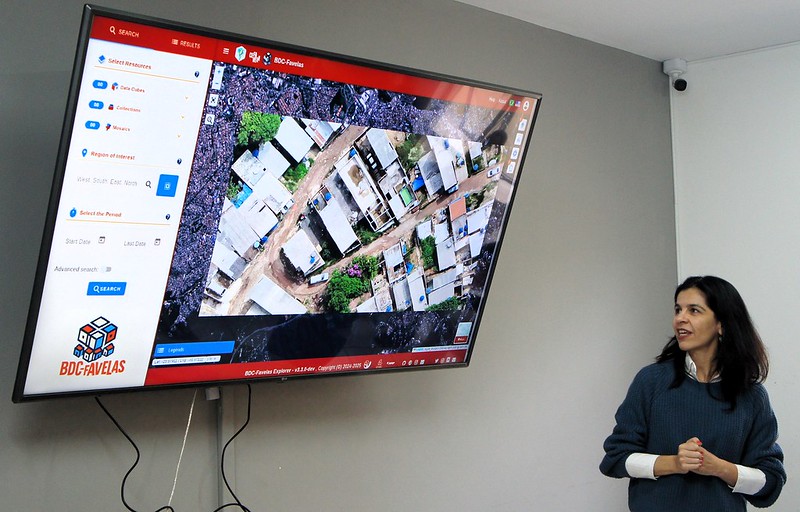
At the FAPESP Day Uruguay symposium, Pedro Brancalion, a professor at the University of São Paulo, presented the results of a project that aims to leverage the country’s carbon credit market.
The presence of a gun in the home increases the risk of suicide by three to five times
A review of 467 studies also points out that, instead of alleviating feelings of fear and anxiety, weapons increase them, as well as exacerbating controlling behaviors and causing domestic violence.
Metabolites produced in the intestine play a central role in controlling obesity and diabetes
Study shows that the liver receives and sends a series of metabolism-related products derived from the gut microbiome to the heart.

Descriptions of mollusks in the Global South are still, for the most part, the result of ‘parachute science’
A study analyzing discoveries made over the last 20 years found that nearly half of all snails and slugs were described by researchers who did not work in the countries where they were found.
Research in São Paulo regains momentum in 2024
The FAPESP Annual Report records over 27,000 supported projects, an 18% increase over the previous period and a record in the historical series.
A study of more than 5,000 people over 12 years showed that simple measures to assess the two conditions can facilitate the diagnosis of sarcopenic obesity without complex tests, such as MRI and CT scans. This finding expands access to treatment for older adults.
Mixed reality glasses reduce assembly errors by up to 95% in industry
A startup supported by the Centelha program has developed a solution that combines cutting-edge technology with ease of use, transforming production lines without the need for expensive automation.

Methodology estimates housing deficit and inadequacy in favelas
The Center for Favela Studies project was launched in the municipality of Jacareí, São Paulo state, using data from the state system that registers low-income families in social assistance programs.
Eight sessions of non-invasive brain stimulation improve postural response in people with Parkinson’s disease
A study conducted at São Paulo State University indicates that the non-invasive technique provides lasting benefits by reducing the risk of falls.
Study proves the anti-inflammatory, analgesic, and anti-arthritic actions of a plant used in folk medicine
Alternanthera littoralis, also known as Joseph’s Coat, is native to the Brazilian coast and has traditionally been used to combat microbial infections and parasitic diseases.
Parasitic fungus may have emerged 18 million years before the ants with which it lives today
Analysis of 309 strains collected in eight countries indicates that the genus Escovopsis emerged 56.9 million years ago, but only began interacting with today’s mutualistic ants 38 million years ago, challenging the theory that they all emerged at the same time.






















